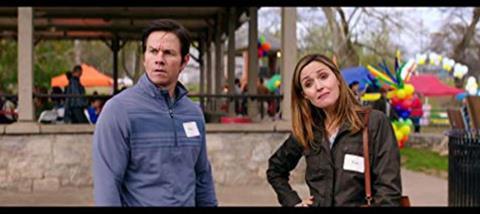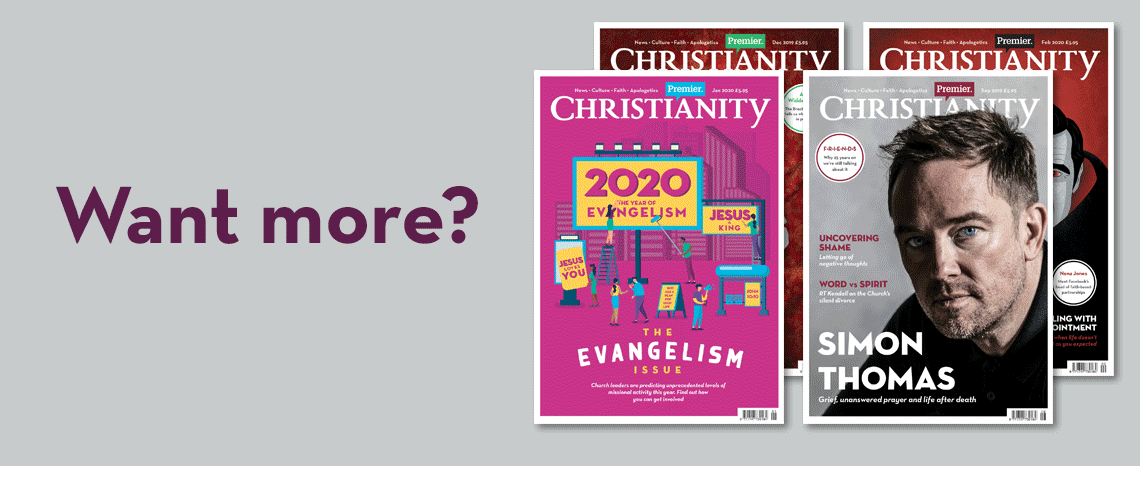
I know we’re only half way through February, but I’m going to go ahead and predict that Instant Family will be the best film of 2019. The Hollywood blockbuster starring Mark Wahlberg and Rose Byrne is simultaneously heart-breaking and side-splitting. But most importantly, it raises awareness around fostering and adoption.
Instant Family charts the story of Ellie and Pete Wagner who, almost on a whim, embark on a journey towards fostering. Initially, they’re not convinced they have what it takes. “People who take in foster kids are really special”, says Pete (Mark Wahlberg), but after meeting social workers, foster parents and adopted children they decide to give it a go.
The Wagners have previously taken in a rescue dog and spend their time fixing up houses and flipping them. Pete jokes with social workers that there might be more interest in fostering “if you call them rescue kids” or think of them as “fixer ups”. However, once the children are settled in their house and the honeymoon period has worn off, Pete tells Ellie with a rueful smile: “We made a terrible mistake. Our life is mainly gonna suck now.”
An adoptive parent recently told me that dramatised depictions of cared for children often paint either too bleak or too rosy a picture. But Instant Family seems to get it just right. The film balances light-heartedness (one of the children shouts “you guys are overthinking this” when The Wagners are debating whether to kiss them goodnight), with the gritty reality of caring for hurting children.
A particularly poignant moment presents itself when Ellie wonders why 10-year-old Juan has so many teddy bears. As more fall out of Juan’s black bin liner, Ellie is told that they receive a bear every time they go to family court.
Perhaps the realistic depiction is achieved partly because it is inspired by writer, director and producer Sean Anders’ own experience of adopting and fostering. Sean said of the film: “My family changed me in so many wonderful ways and I’m so in love with my kids that this movie is kind of a love letter to all of that.”
Both lead actors were excited about the film from the beginning. Rose had just given birth to her second child, but once she read the script, she knew she had to be involved. Mark signed up mere hours after receiving Sean’s pitch. Speaking about the impact of Instant Family, Mark said:“There are lots of kids in foster care, in need of a family, in need of a home and if this inspires people to go down that road, that would be amazing.”
Instant Family doesn’t sugar coat or shirk away from difficult moments, such as the often-complicated relationship between foster parents, birth parents and their children. As one adoptive mother pointed out: “I was so grateful that their birth mum was not presented as a monster – she was shown to be hurting, struggling, battling, loving. With typical adopter guilt and lots of other conflicting emotions, I wept for her and the loss she was experiencing.” But, as the Wagners point out in the film: “Things that matter are hard.”
There are some differences between the US and UK care system, but Instant Family is still a helpful depiction of the joys and struggles of cared for children. Krish Kandiah, founding director of fostering and adoption charity Home for Good said of the film: “Our heartbeat has always been particularly for hard to place children.” These are often older children and sibling groups, both of which are represented in Instant Family, but the real question is: What are we going to do about it?
Every year 40,000 children and young people go into care in the UK and, as a Church, we are in a unique position to be able to welcome these children, care for them and place them in a loving home.
Adoptive parents Anya and Damien Sizer said the film highlighted the amount of support an adoptive family needs and suggested that the Church has a really important role in this: “We’re really excited as Christians at the potential that the Church has got in this whole area of adoption because adoptive families so need your help. We need your help practically, emotionally, spiritually, with food rotas, to be at the end of the phone for prayer, respite when things are getting really tricky, help for siblings. There’s so many ways that the Church can get really stuck in. Even if you don’t feel called to adopt yourself, as a church you can be part of a community that are supporting some of society’s most vulnerable people.”
I spoke to a lady who was adopted and is now an adoptive mum who said: “I look at my life and think where I’d be if I wasn’t adopted.” Drawing parallels with Instant Family, she said: “I will never change [my child’s] past, but I can change the story from here on…they are broken little people who have had an incredibly difficult start, but actually their potential is phenomenal and I think it is about knowing we’re in it for the long haul.”
Instant Family is in cinemas now.





























